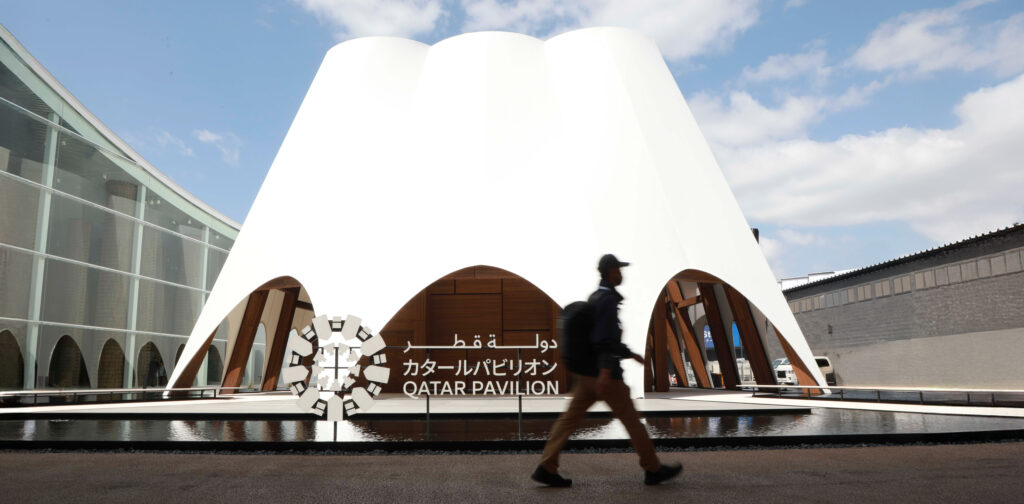Jasem Al-Budaiwi, Secretary-General of the Gulf Cooperation Council (GCC), announced the intention to implement the proposal for establishing a “Youth Council” within the framework of the GCC Secretariat. The vision behind this initiative is to actively engage youth as partners in shaping future policies and to strengthen integration through the creation of a lasting institutional platform. He made these remarks during a ceremony honoring Gulf youth at the GCC headquarters in the Saudi capital, Riyadh, attended by high-ranking officials, ambassadors, and young men and women from all GCC member states.
Al-Budaiwi explained that the “GCC Youth Council” will focus on issues relevant to young people and serve as a unified voice for youth across the Gulf states. Its responsibilities will include discussing challenges faced by youth and developing joint initiatives in areas such as education, innovation, entrepreneurship, volunteerism, and digital citizenship.
The council will also be tasked with preparing reports and recommendations to be submitted to the Ministers of Youth and Sports and subsequently to the Supreme Council. Additionally, it will organize an “Annual GCC Youth Forum” as an open dialogue platform between youth and decision-makers to foster meaningful exchange. Al-Budaiwi emphasized the added value of this initiative for Gulf unity and in supporting national visions through human capital development.
He also pointed to the “GCC Youth Index,” introduced by the Secretariat with support from member states, describing it as a precise scientific tool for monitoring the status, progress, and areas of improvement for youth — calling it a “quantum leap in joint youth work.”
Al-Budaiwi revealed that individuals aged 15 to 34 make up about 36% of the total population in the GCC countries, representing a significant resource when properly harnessed. In some countries, youth participation in sports, cultural, and social activities already exceeds 40%.
Regarding youth entrepreneurship, he noted that in some GCC countries, over 40% of startups are led by individuals aged 20 to 40 — a clear indication of initiative and responsibility among Gulf youth. He added that the index also highlights increased engagement in digital platforms and technologies for entrepreneurial activities, a trend that calls for greater support for modern technologies and startup development within national development strategies.
Al-Budaiwi concluded by stressing that the GCC Secretariat, in cooperation with youth and sports ministries of the member states, will continue efforts to promote programs that enhance innovation, support entrepreneurship, and open new opportunities for youth to succeed in the future.
Abdulrahman Al-Mutairi, Kuwait’s Minister of Information, Culture, and State Minister for Youth Affairs, affirmed that Gulf youth are “a symbol of commitment, ambition, a bright future, and a key driver of sustainable development.” He added that the leaderships of the GCC countries have believed since the Council’s inception that investing in people — especially in youth — is the best path to building prosperous and sustainable societies, and that corresponding policies and strategies have been developed to empower young people.
In a joint youth address by Ahmad Al-Awadhi and Razan Al-Aqeel, both emphasized that this celebration reflects the vision of the GCC leadership to empower youth and build a future filled with creativity, entrepreneurship, and innovation. They also highlighted the leading positions that Gulf countries hold in the UN’s Youth Development Indexes.
The speakers stated that they represent the voice of over 25 million young women and men in the Gulf region and 60% of the population of the Arab world — the largest youth generation in history. They recalled the United Nations Security Council resolution adopted ten years ago, which called for the active participation of youth in peace and security processes.









